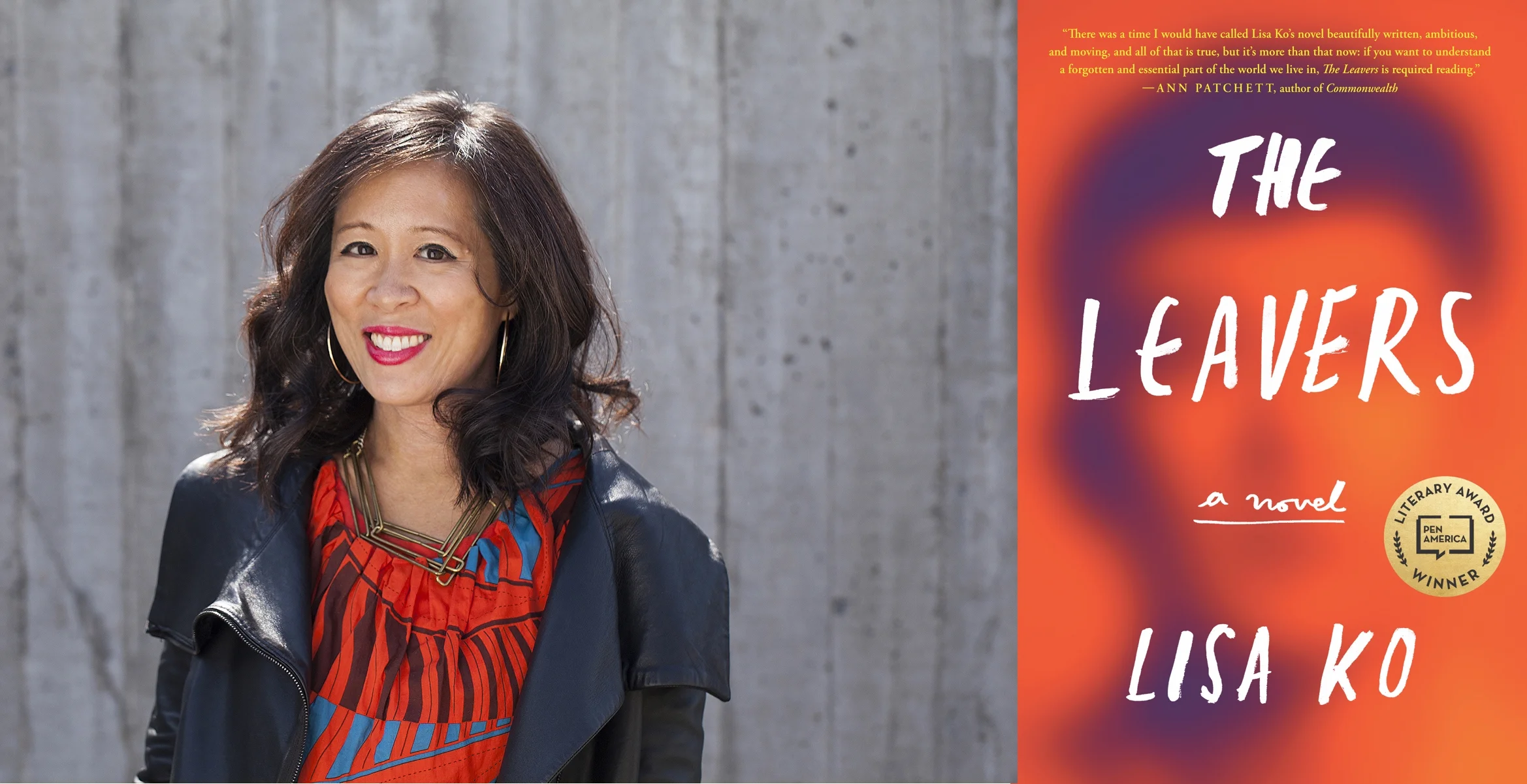The End of Men by Karen Rinaldi
What if humans were like seahorses? Stay with me here.
I came across some fascinating video of seahorses giving birth. Here’s where seahorses have flipped the script - the females deposit the eggs in the males and then a couple of weeks later, the MALE gives birth, to some two thousand baby seahorses!
What has that fact got to do with this book? Well nothing directly, but reading Karen Rinaldi’s The End of Men about a group of successful, entrepreneurial New York women who seem to be doing really well got me thinking about women and babies. By any objective measure these women’s lives are good, but they are full of angst, and motherhood seems to be the root cause of a lot of that angst. These women are grappling with the physical and emotional demands of pregnancy and motherhood. It’s something men never have to think about in the same way.
Isabel, associate publisher of a trendy magazine, is pregnant and grappling with an overactive libido and the profound change that the arrival of a child will bring to her life, her marriage and her sense of self; Isabel’s sister Annie, mother of two and the CFO of a flourishing lingerie company, is torn between her job and her home. What she wants more than anything is to be home with her boys – her husband and two sons and she wants more children; Maggie, mother of one and step-mother of two, has realized that she wants another child but doesn’t want her husband; Beth has a child with a father who is HIV positive but can’t tell his own mother he is gay. Beth is close to him but fully embraces her independence, her daughter needs a relationship with her father, but Beth is fine on her own.
The women of The End of Men are stereotypes of the kind of successful, accomplished white women featured regularly in popular culture from Sex and the City to Girls.They are women who are, for the most part, living a charmed life, but the intrusion of motherhood upends an awful lot of things. In that sense they represent a lot of women, not just the ones confined by the artisanal coffee shops, wellness centers and juice bars of Brooklyn.
What the book grapples with is that age old issue of “women having it all.” Just google the phrase and you’ll come up with a bajillion hits. It’s a myth of course, the idea that women can have it all – a fantastic career, kids, a great marriage, a balanced life. The truth is that you can’t have it all and certainly not all at once. And men in life, work, and society have an impact on the pursuit of it all.
The byproduct of this quest to “have it all” is that it provides great fodder for writers, essayists, commentators, film makers and novelists. Karen Rinaldi’s entertaining addition to the genre is the perfect accompaniment for your leisurely beach vacation. It’s a book you’ll race through thinking it’s a confection, but you’ll find yourself coming back to its themes again and again in your daily life: the partner who can’t handle the daily juggle and is “inefficient about the logistics of child-rearing; the society that has a long way to go before men are considered equal caregivers; the workplaces that see pregnancy and motherhood as a hinderance, (something unheard of for fatherhood); that “multi-tasking was a no-win bullshit scenario.”
Even the progressive women in these pages, three of whom work together in a woman owned company that they created, are struggling with the essential question of modern womanhood.
If a group of privileged white women haven’t figured it all out yet, then you know that the juggle is a “crisis” for the women beyond this demographic. So while you might not relate to these women, you can empathize with the sentiment.
Rinaldi examines these questions through the close-knit friendship of four women. And that need to lean on your girlfriends and try and decipher the world with the people who are facing the same challenges is what ultimately holds the book together. For as any woman who relies on her girlfriends knows, they are the ultimate resource in a society that seems to have forgotten that women are an integral part of our economic fabric, but are holding down the home fort too.
The men in the book are peripheral figures, a prop or plot device to set up the question, how much do I need a man in my life to be fulfilled, happy and, of course, to be a mother (apart from the obvious biological need)?
Now if men were giving birth, the way those seahorses are, maybe they'd be grappling with these very same issues instead!
BEFORE YOU READ:
Length: 326 pages
Genre: fiction
Themes: relationships, parenthood, friendships, work-life
Commitment: perfect to slip into your beach bag
Buy the book HERE & support this site and Indie bookstores





